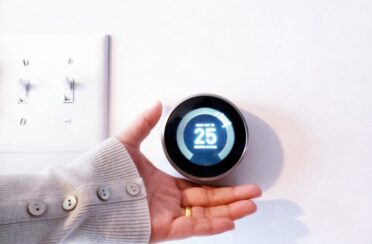 Does it seem as if your water heater doesn’t deliver water as hot as it should be in the winter? In Calgary, that’s pretty important, particularly if your home has multiple occupants and there’s the possibility of running out of hot water before everyone has had a shower.
Does it seem as if your water heater doesn’t deliver water as hot as it should be in the winter? In Calgary, that’s pretty important, particularly if your home has multiple occupants and there’s the possibility of running out of hot water before everyone has had a shower.
Let’s have a look at the several reasons your water heater may be running short of hot water, or not producing water as hot as you’d like it.
1. Thermostat isn’t set high enough. Your water heater may be located in a cold space, such as a garage or basement, where it is more of a challenge to heat water in the winter. You may need to turn the thermostat up 10 to 15 degrees.
2. Sediment buildup in tank. Sediment arrives in the tank along with the water from the underground pipes, and over time, sediment can build up and make it difficult for the heating element to do its job. It’s a good idea to get the tank flushed every now and then. A sign of sediment buildup is a popping or knocking noise.
3. Aging water heater. If your unit is 10 years old or more, it may be wearing out and it’s time to consider a replacement. In the meantime, you can try raising the temperature in the room where the tank is located by sealing air leaks or turning up the heating.
4. Faulty dip tube. The dip tube is a plastic pipe that deposits cold water as it enters the tank at the bottom of the tank, where it is heated by the heating element. If the tube breaks, it may deposit cold water in the upper levels of the tank, where the heated water sits before it is sent to the faucets. The intermingling of the cold water with the heated water makes it lukewarm on delivery.
For more advice on your water heater or to schedule maintenance, contact Arpi’s Industries of Calgary.
Our goal is to help educate our customers in Calgary, Alberta about energy and home comfort issues (specific to HVAC systems). For more information about other HVAC topics, download our free Home Comfort Guide.


